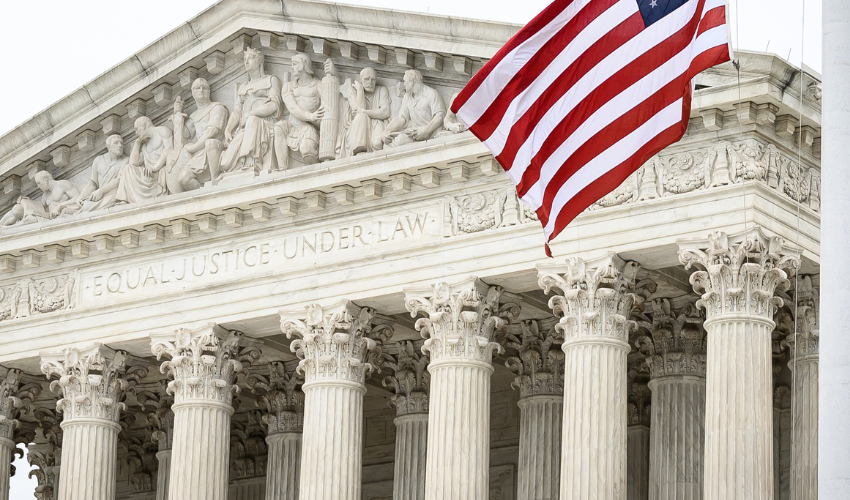July 3, 2023
SALT LAKE CITY, UTAH – Today, the U.S. Supreme Court closed its term with a monumental opinion in Biden v. Nebraska, ruling that the President’s efforts to cancel student debts unilaterally were unlawful under the HEROES Act. Attorney General Sean D. Reyes, who co-led a 17-state amicus brief to the Court in support of Nebraska, issued the following statement:
Today’s decision from the U.S. Supreme Court is a welcome victory for common sense and the Constitution. The idea of forgiving school loans for a select group of college borrowers is unfair and offensive to the countless Americans who avoided loans or who have repaid their own school loans, often at great personal sacrifice and hardship. The only thing worse than the absurdity of the loan forgiveness program is the illegality of it. By law, any program that cancels $400 billion of outstanding loans is not something the executive branch can decide on its own. No president, whether Republican or Democrat, may take more authority upon himself than the Constitution bestows.
The decision by the Court, in a 6-3 vote, reversed an earlier judgment by the District Court for the Eastern District of Missouri. The case involved a challenge brought by a coalition of six states, led by Nebraska, over the White House’s action to clear approximately $430 billion in student debt principal under the auspices of the Higher Education Relief Opportunities for Students Act of 2003 (HEROES Act). Chief Justice John Roberts wrote the opinion for the Court, and he was joined by Justices Clarence Thomas, Samuel Alito, Neil Gorsuch, Brett Kavanaugh, and Amy Coney Barrett.
Chief Justice Roberts, writing for the majority coalition of the Court in this case, pointed to then-Speaker of the U.S. House of Representatives Nancy Pelosi’s comments on the issue, writing, “But imagine instead asking the enacting Congress a more pertinent question: ‘Can the Secretary use his powers to abolish $430 billion in student loans, completely canceling loan balances for 20 million borrowers, as a pandemic winds down to its end?’ We can’t believe the answer would be yes. … As then-Speaker of the House Nancy Pelosi explained: ‘People think that the President of the United States has the power for debt forgiveness. He does not. He can postpone. He can delay. But he does not have that power. That has to be an act of Congress.’ Press Conference, Office of the Speaker of the House (July 28, 2021).”
General Reyes previously co-led an amicus brief with the State of Ohio and a coalition of 17 attorneys general in support of Nebraska and the other plaintiff states. In the filing, the States argued, “The Secretary of Education’s mass loan cancellation—$400 billion of the $1.6 trillion outstanding federal student loan debt—is among the most egregious examples of unauthorized executive action in American history. Its impact reaches all Americans, not least because the Secretary’s ultra vires maneuver adds astronomical costs to the federal deficit. Further, Amici States have compelling interests in vindicating this grave violation of the Constitution’s separation of powers.”

